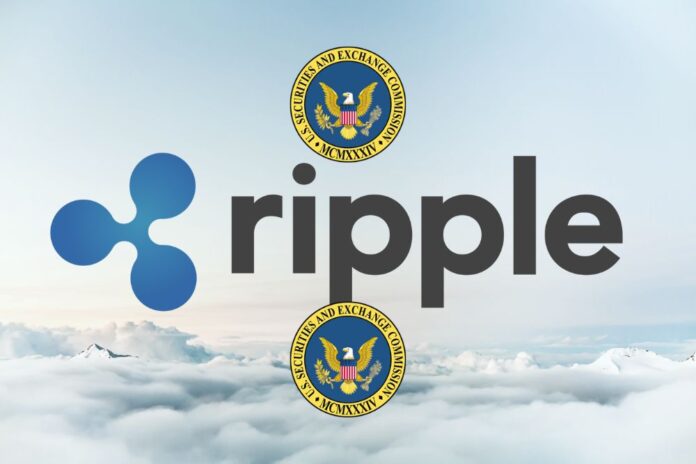The long-standing Ripple-SEC case where XRP takes the centre stage is slowly winding down as both parties earlier filed a motion for summary judgment to District Judge Analisa Torresearlier than expected.
Following the summary judgment motion filed by Ripple, the leader in blockchain enterprise, and the United States Securities and Exchange Commission (SEC), several popular legal practitioners have taken pains to analyze their contents.
In a recent update, James K. Filan, a defense lawyer, and former federal prosecutor, also gave his analysis of the Summary Judgement motion filed by the SEC. He wrote;
“Here’s the SEC’s argument, as I interpret it;
“We aren’t saying XRP is a security per se. What we are saying is that any purchase of XRP, as a matter of economic reality, is an investment in a common enterprise with other XRP holders and with Ripple.
“Whether it’s through horizontal commonality or strict vertical commonality, it is an investment in a common enterprise with other XRP holders and with Ripple. So while XRP may not be a security per se, there’s no other possible way to offer or sell XRP EXCEPT as a security.
“And when you realize what the SEC is saying, no matter how it is framed, the judgment that the SEC wants is one that incorporates secondary sales.”
James Filan then added an image that showed the SEC is using words like “a purchase” and “all units.”
#XRPCommunity #XRP 1/3 Here’s the SEC’s argument, as I interpret it.
“We aren’t saying XRP is a security per se. What we are saying is that any purchase of XRP, as a matter of economic reality, is an investment in a common enterprise with other XRP holders and with Ripple.
— James K. Filan 🇺🇸🇮🇪 114k (beware of imposters) (@FilanLaw) September 24, 2022
Read Also: Ripple Calls SEC’s Latest Suggestion in the XRP Lawsuit a Delay Tactic
Top Attorneys Analyze SEC’s Summary Judgment Motion
Jeremy Hogan, a popular U.S. attorney, and a partner at Hogan & Hogan law firm said a few days ago that the two briefs filed by the two parties are so different in content. He added that to some extent, the submitted briefs make it look as if Ripple and the SEC were involved in two distinct lawsuits.
According to Hogan’s explanation, the SEC did not argue that XRP is inherently a security, citing that the SEC’s brief is focused on Ripple’s sales of XRP. However, Hogan concluded that Ripple has pulled the rug out from under the SEC’s Howey argument in the summary judgment brief.
On the other hand, John Deaton, the attorney representing over 72,000 XRP holders in the XRP lawsuit, said that the SEC omitted crucial facts in their filed motion for Summary Judgment. The staunch Ripple supporter went ahead to highlight the three vital points missing in the SEC’s brief.
The XRP lawsuit filed against Ripple by the SEC is regarded as the longest crypto legal tussle ever as it has lasted for almost two years, so far. While the SEC contends that the XRP was sold as an unregistered security, Ripple counters, arguing that XRP is similar to Bitcoin (BTC), Ethereum (ETH), and other cryptocurrencies which the SEC has not gone against.
However, in a new statement, the SEC said Ethereum (ETH) could be considered a security following its switch to proof-of-stake (PoS), which Ripple CEO Brad Garlinghouse recently countered.
Follow us on Twitter, Facebook, Telegram, and Google News


